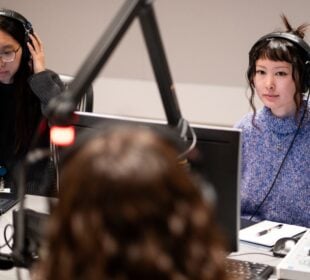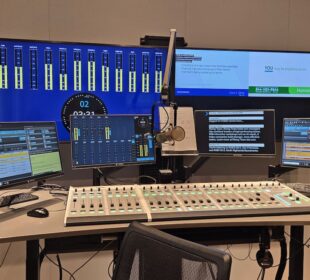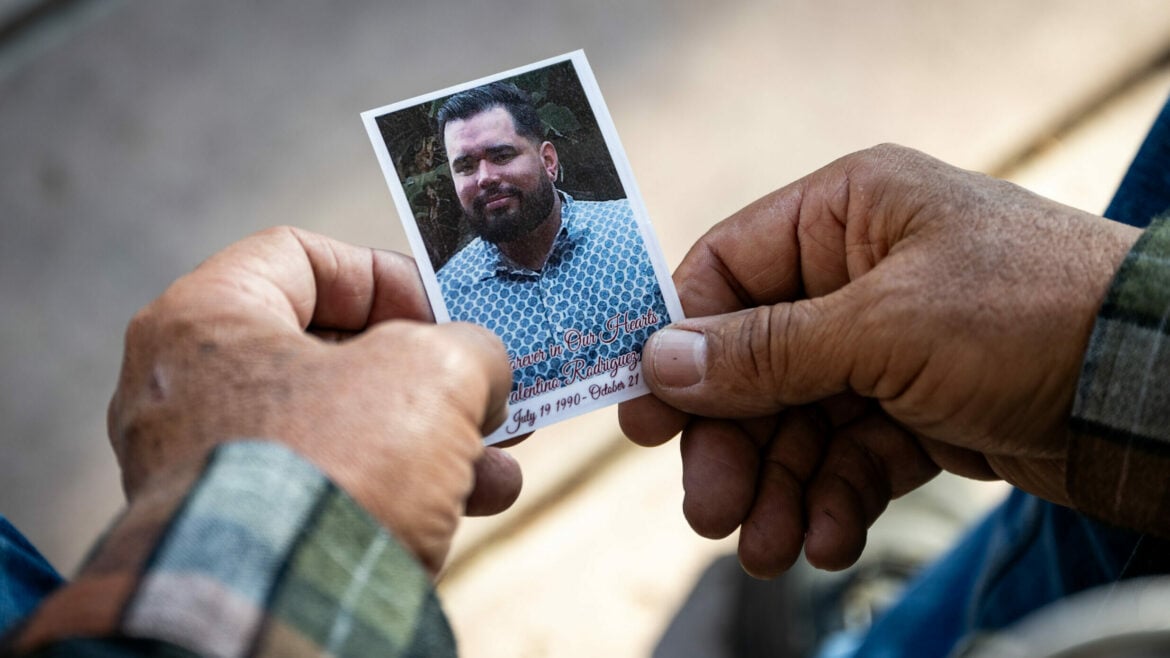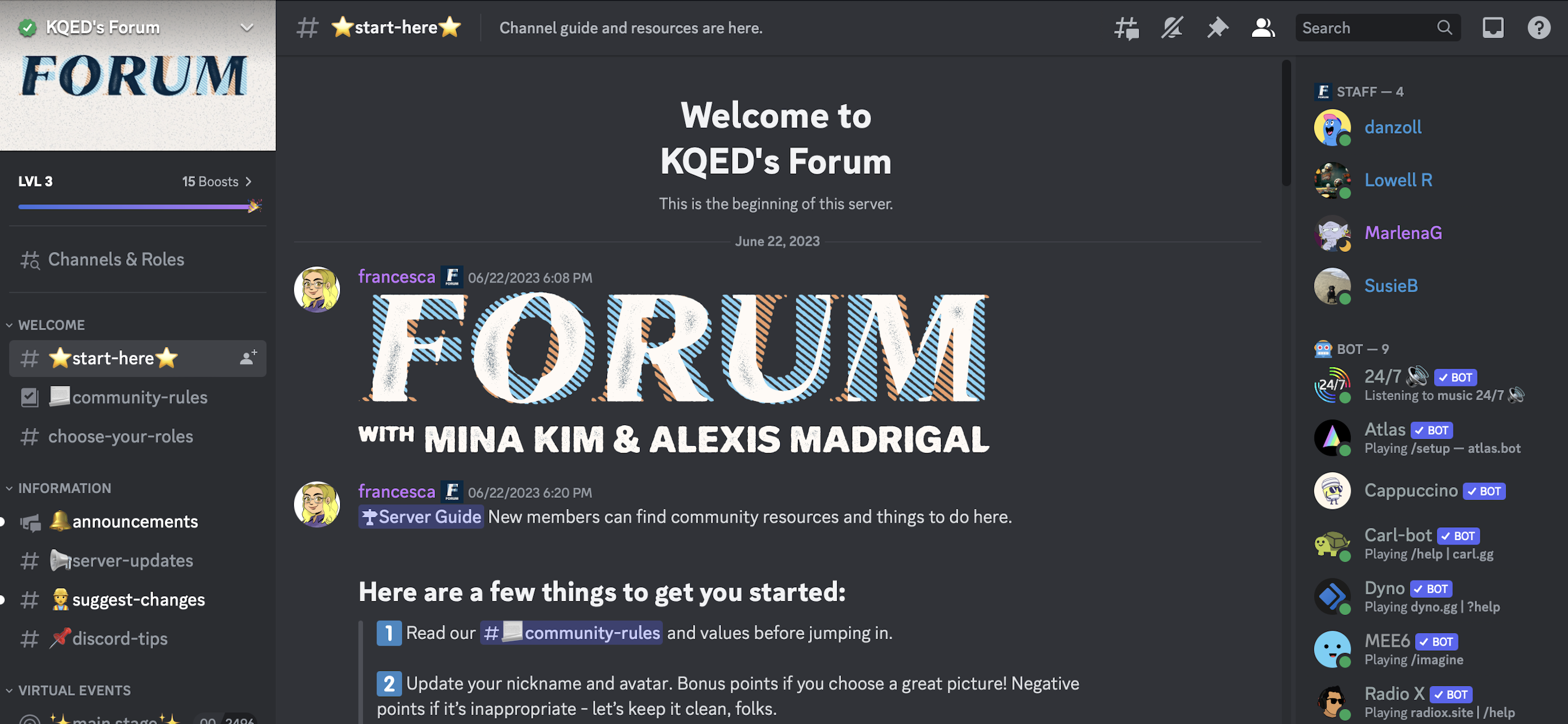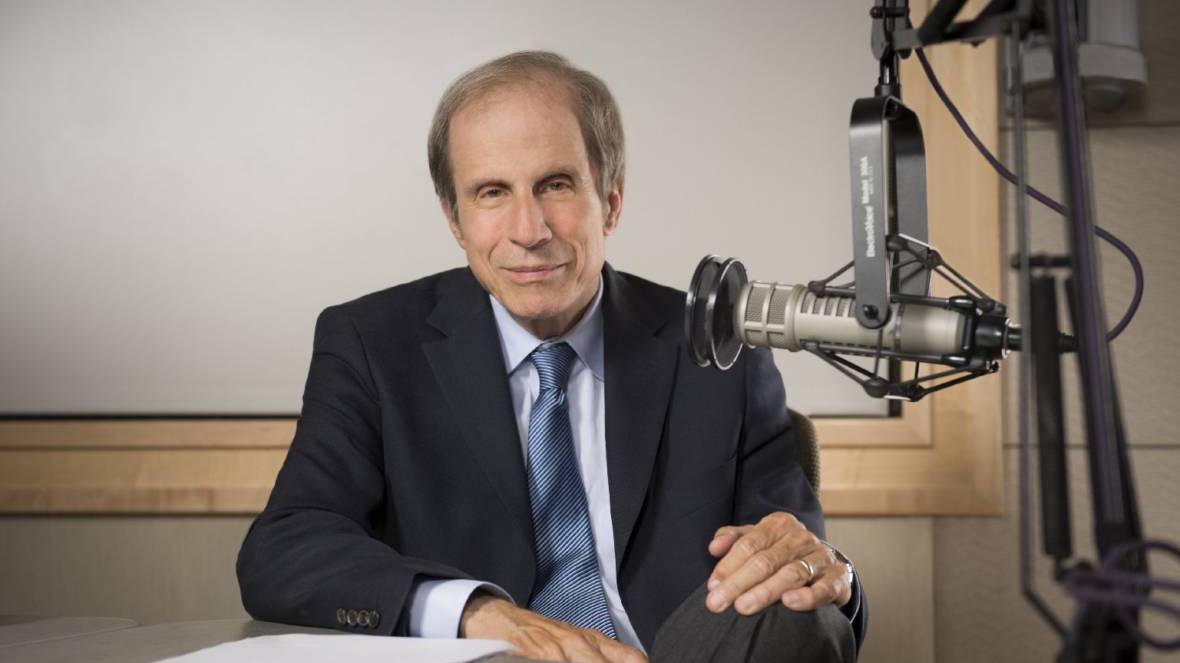Tag: KQED
How promos can build audience, and trust, for public media journalism
When KQED began producing unscripted audio spots for news stories, the audience response revealed a new strategy for building digital engagement.Playbook for growth: Treat radio like a vibrant platform and your audience will flourish
A cross-disciplinary focus on airtime and audience needs propelled KQED Radio’s ratings surge.KQED offers voluntary buyouts, prepares for layoffs
While individual donations have increased, the station still faces a budget shortfall due to uncertainties surrounding federal funding and declines in underwriting ...San Francisco’s KQED eliminates 34 positions
The station is also ending its podcast "Rightnowish."‘On Our Watch’ investigates misconduct in California’s New Folsom prison
The podcast's second season focuses on whistleblowers who “went against the code of silence,” says Julie Small, criminal justice reporter at KQED.KQED launches project to share digital news among California partners
The station is trying to address the "really hard problem" of how local news organizations "get more reach, get more audience, get ...KQED’s ‘Forum’ extends on-air community with Discord server
The call-in show has attracted about 800 users to the social platform and hopes to help other stations with their own efforts.‘Snap Judgment’ and ‘Spooked’ staff announce intent to unionize at KQED
The union would include 11 staffers who work on the radio program and podcast “Snap Judgment” and the podcast “Spooked.”KQED acquires ‘Snap Judgment’ and ‘Spooked’
Both the flagship program and “Spooked” are produced by Snap Judgment Studios, based in Oakland.Episodes become entries in KQED’s new book based on podcast
The "Bay Curious" book answers questions about San Francisco with the aim of appealing to locals and tourists alike.How KQED is forging new bonds with Latinx audiences
“KQED is one of the biggest public media organizations in the U.S., and we understand that there are a lot of folks ...KQED closes $140M capital campaign, maps next steps for creating ‘sense of belonging’ in renovated ...
Some employees have returned to work in the state-of-the-art facility, but plans for a full reopening have been delayed until next year. ...How KQED is using AI to explore the future of news audio
In partnership with Google, KQED and an AI-services provider ran tests to determine how to reduce errors in news audio transcripts and, ...Longtime KQED host Michael Krasny announces retirement
Kransy has hosted KQED's "Forum" since 1993.KQED lays off 20 staffers as federal aid dries up
The station faces a $7.1 million budget gap and has seen a "sharp decline" in corporate sponsorship.


